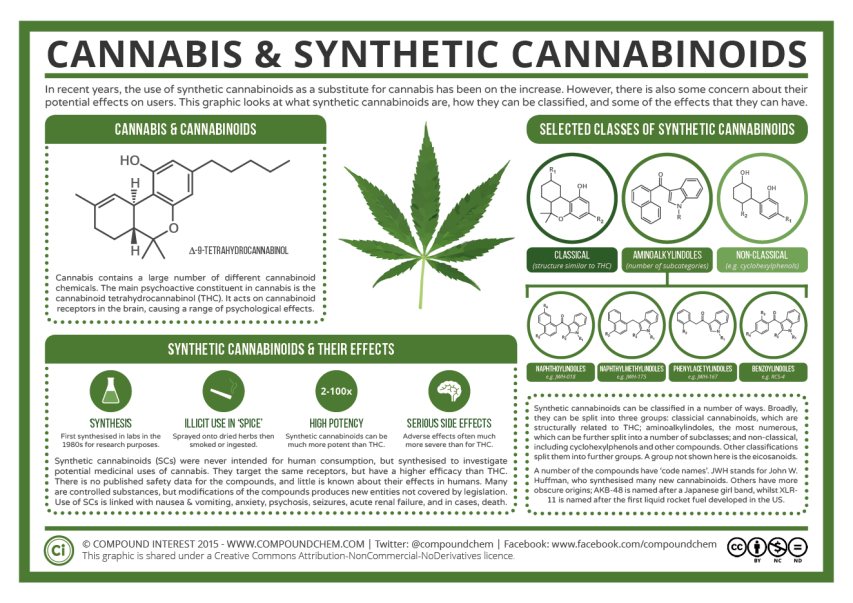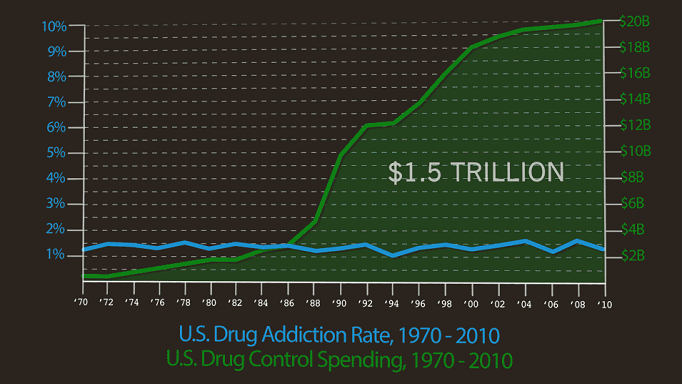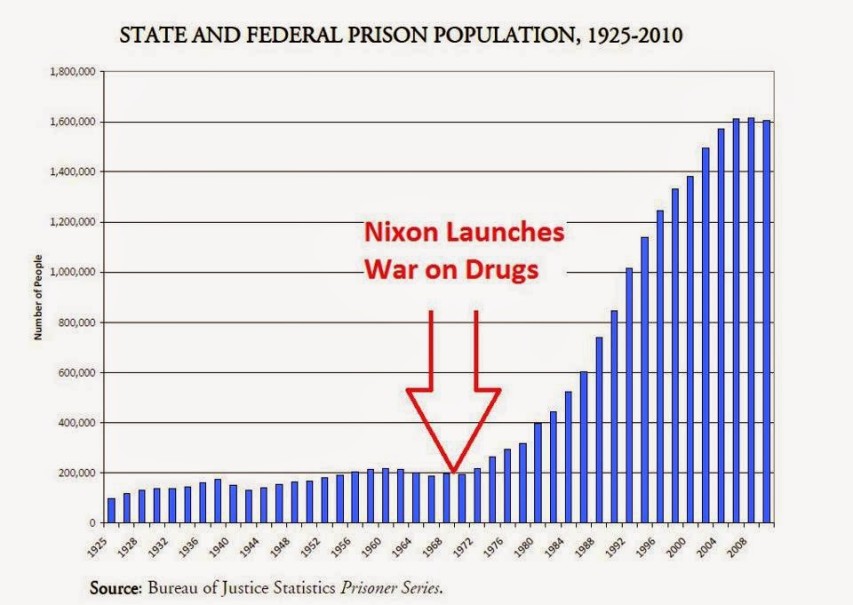At Reason, Jacob Sullum debunks the latest variant of the old “OMG! There might be marijuana in the kids’ trick-or-treat bags! OMG!”:
With Halloween just around the corner, it’s time for scary news reports that begin, “With Halloween just around the corner…” This genre of yellow journalism often features warnings about tainted trick-or-treat candy, a mythical menace that in recent years has gained credibility thanks to the popularity of marijuana edibles in states where such products are legal.
Last year police in Denver, where state-licensed marijuana merchants had recently begun serving recreational consumers, told parents to be on the lookout for THC-tainted treats in their children’s candy bags. As usual, no actual cases of such surreptitious dosing were identified.
But fear of strangers with candy springs eternal. The fact that this threat so far has proven imaginary is not deterring reporters and law enforcement officials around the country from warning parents that harmless-looking treats might contain a mind-altering substance other than sugar—if not marijuana, then MDMA.
[…]
Almost all of these stories make a leap from the observation that cannabis candy exists to the completely unsubstantiated fear that someone might slip it into your kid’s trick-or-treat bag. That scenario is highly implausible, since it is hard to see what the payoff would be for replacing cheap Halloween treats with expensive marijuana edibles. Given the delay between eating cannabis candy and feeling its effects, the hypothetical prankster could not even hope to witness the consequences of his trick. Furthermore, it seems that nothing like this has ever happened — or if it did, it somehow escaped the attention of the yellow journalists who keep warning us about the possibility. The story is kept alive by the gullibility of the same parents who anxiously examine their kid’s Halloween candy for needles and shards of glass.

Jackson Metro Police Department
If your kids get these for Halloween candy, they ARE NOT CANDY!!! They are the new shapes of “Ecstasy” and can kill kids through overdoses!!! So, check your kid’s candy and “When in doubt, Throw it out!!!” Be safe and always keep the shiny side up!!!
That burst of fact-free fear, which was later removed from the police department’s Facebook page, transformed idle speculation into “an alert” issued by “police nationwide,” as WILX, the NBC station in Lansing, Michigan, put it. WOIO, the CBS station in Cleveland, claimed “Ecstasy masked to look like candy” is “popping up all over the country, and police want to warn you.” If a child were to eat one of those tablets, according to Westlake, Ohio, Police Capt. Guy Turner, “they would be in the emergency room without a doubt.”







